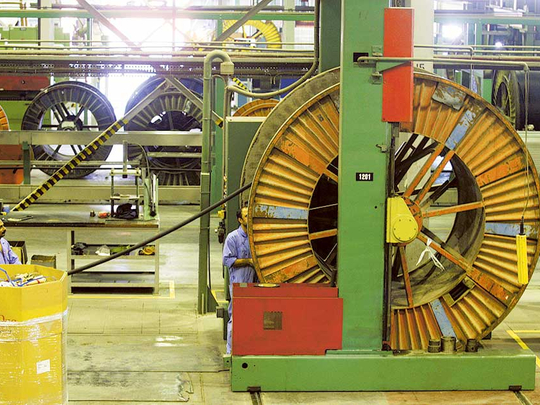
Dubai: With the implementation of value-added tax (VAT) getting closer, businesses in the UAE and the rest of the Gulf Cooperation Council (GCC) countries have been advised to “take action” in order to prepare themselves for the new system.
Companies have been advised to start creating awareness and looking into the potential impacts of the new taxes on their business, including margins and cash flows. They should also look into tax compliant strategies to “ensure a smooth transition.”
The finance ministers of GCC member states met during an extraordinary meeting on Thursday in Jeddah to approve in principle the treaties, which will pave the way for the collection of excise tax and VAT on 1st January 2017 and 1st of January 2018, respectively. The common treaties are expected to be announced in the last quarter of the year.
Although there are still unresolved issues concerning the specific tax mechanisms, those who are doing business in the region should start preparing now so that they will be ready once the new tax systems take effect.
“Companies should take action now, if they have not already, to prepare for the implementation of the new tax systems and be ready by go-live date,” said Jeanine Daou, Middle East indirect taxes partner at PwC.
“Businesses need to start preparing in advance to be able to comply with the new tax obligations including charging, collecting and paying VAT and excise tax to the authority in a timely manner,” a press statement from PwC reads.
VAT will be collected at every transaction involving the payment of certain goods and services, while excise tax is usually levied on specific merchandise or products once during import or production stage. Both taxes are collected by businesses and companies are required to regularly submit to the tax authority the necessary VAT and excise tax returns.
A standard 5 per cent VAT is expected to apply across the GCC. According to PwC, VAT registered companies will be required to comply with a number of tax obligations, including keeping of VAT books and records for a specific period of time, issuing of VAT invoices for their supplies and reporting of all VAT on sales and purchases, among others.
For excise tax, businesses engaged in the import and/or local manufacture of goods that are subject to excise tax will be required to, among others: register with the tax authority, keep excise tax records, submit periodical tax returns and keep customers and transport documents.
“Tax authorities will need to create an efficient inventory and movement control system to monitor the physical movement of excisable goods and tackle potential illicit trade,” PwC said.
The introduction of VAT and excise tax in the region is expected to generate additional revenues and help governments reduce reliance on hydrocarbon.
Daou said the approval of the VAT and excise treaties are an important development because they “set out common principles that will guide” the collection of taxes at a national level by each individual member state.
Upon the ratification of the treaties, each member state is expected to issue its own national VAT and excise tax legislation based on the agreed common principles. “This will entail the issuance of national VAT and excise tax laws along with the implementing regulations in accordance with each member state’s national legislative process. This should happen ahead of the expected go live date, allowing sufficient time for businesses to get ready,” said Daou.












